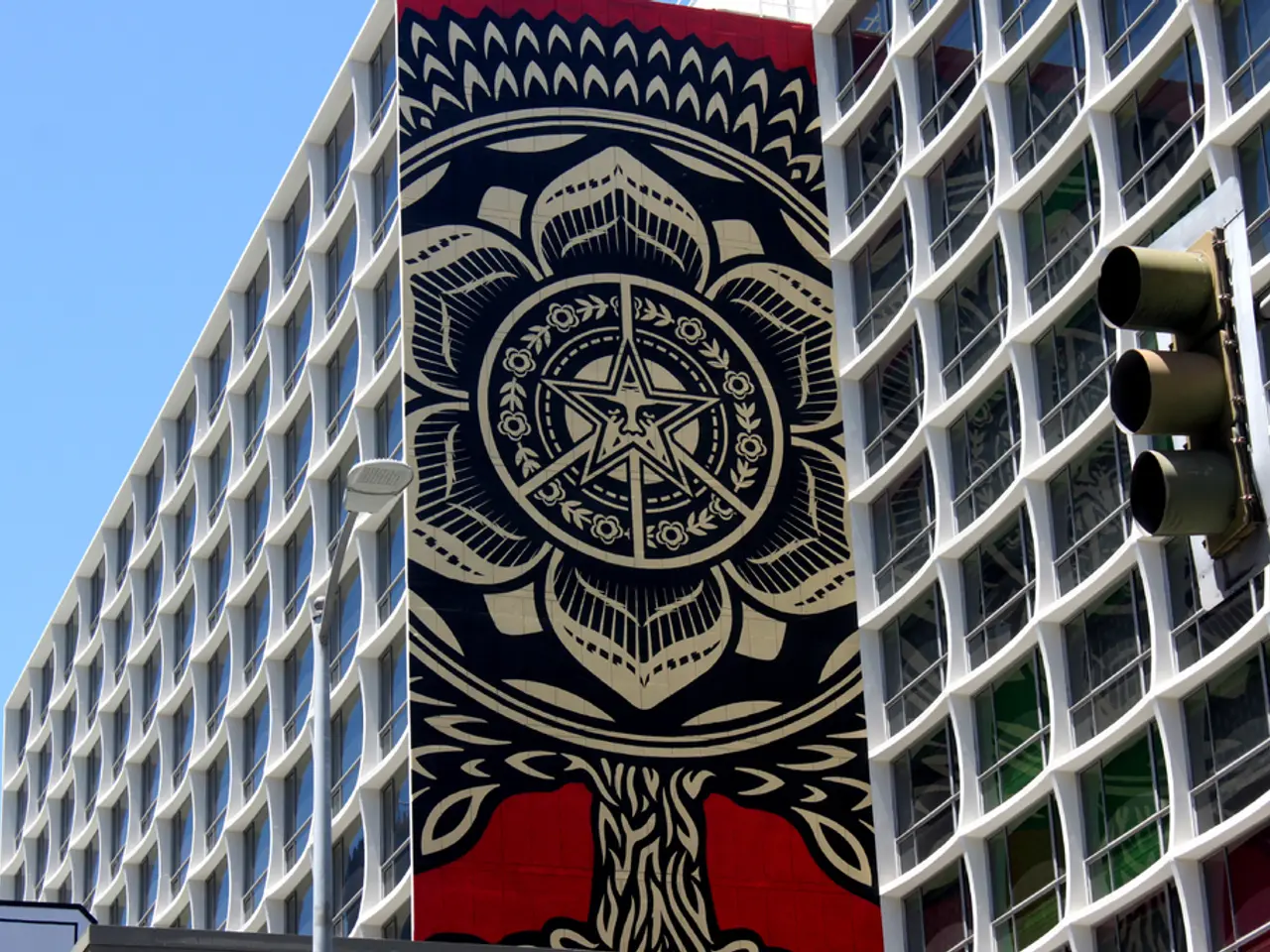Tower companies facing penalties if they fail to enhance internet quality by August, as per the instructions from the National Communications Commission.
The Nigerian Communications Commission (NCC) has issued a directive to tower companies (TowerCos) in Nigeria, giving them a two-month deadline until the end of August 2025 to improve the quality of their services, particularly in relation to internet quality [1]. The move comes in response to poor service quality issues that have been affecting the country's telecom network.
TowerCos are responsible for providing the physical infrastructure, such as cell towers and rooftops, on which mobile network operators deploy their equipment. They are also tasked with ensuring a 24/7 electricity supply and securing sites against theft and vandalism. Any failures by TowerCos directly degrade voice and data service quality for end users [1].
The NCC plans to enforce penalties on non-compliant tower companies after the August deadline, although the precise nature of the penalties has not been publicly detailed. The regulatory body will oversee, monitor, and sanction these companies to ensure they meet service standards [1].
Major TowerCos, such as IHS Towers, American Tower Corporation (ATC), and Pan-African Towers, were present at a high-level meeting where the directive was given. The aim is to improve infrastructure delivery and the performance of shared telecom assets [1].
Operators must fulfill both their technical and financial responsibilities, according to Maida, emphasizing that performance expectations remain non-negotiable regardless of internal challenges [1]. Financial disputes are not considered a valid excuse for poor service delivery [1].
IHS Towers is the dominant tower infrastructure provider in Nigeria, managing between 16,000 and 19,000 sites [1]. ATC is the second-largest player, with about 8,270 towers [1]. Pan-African Towers, a smaller, indigenous firm, operates between 760 and 1,000 sites, although not all are currently active [1].
The NCC's directive places the burden on these companies to resolve issues of downtime, delayed maintenance, and poor power management that have affected the network recently [1]. The NCC is no longer accepting these explanations for poor service delivery [1].
The NCC has revised its Quality of Service (QoS) Regulations, including Tower Companies (TowerCos) in the framework [1]. All service providers are mandated to publicly disclose significant network disruptions through the portal [1]. The NCC is implementing a transparency-focused enforcement strategy, including the launch of the Major Incident Reporting Portal [1].
The NCC is also developing performance dashboards to be hosted on its website, allowing consumers to track how well tower and mobile network operators are adhering to their Key Performance Indicators (KPIs) [1]. The updated regulations, gazetted since then, have introduced new KPIs for infrastructure providers [1].
This regulatory move reflects the NCC's proactive stance to uphold telecom service quality by holding the critical infrastructure providers accountable [1]. The NCC did not immediately respond to a request for comments [1]. It's been eleven months since the new regulations came into effect, as mentioned by Maida during the meeting [1].
- Tower companies, such as IHS Towers, American Tower Corporation (ATC), and Pan-African Towers, are expected to improve their service quality in terms of internet and mobile payments following a directive from the Nigerian Communications Commission (NCC).
- The NCC has revised its Quality of Service (QoS) Regulations, which now include tower companies (TowerCos) and mandates them to provide public disclosure of significant network disruptions.
- Financial disputes will no longer be considered a valid excuse for poor service delivery as both mobile network operators and infrastructure providers are required to fulfill their technical and financial responsibilities.
- In relation to the recently experienced downtime, delayed maintenance, and poor power management, the NCC is implementing a transparency-focused enforcement strategy, including the launch of the Major Incident Reporting Portal and the development of performance dashboards for consumer tracking.




